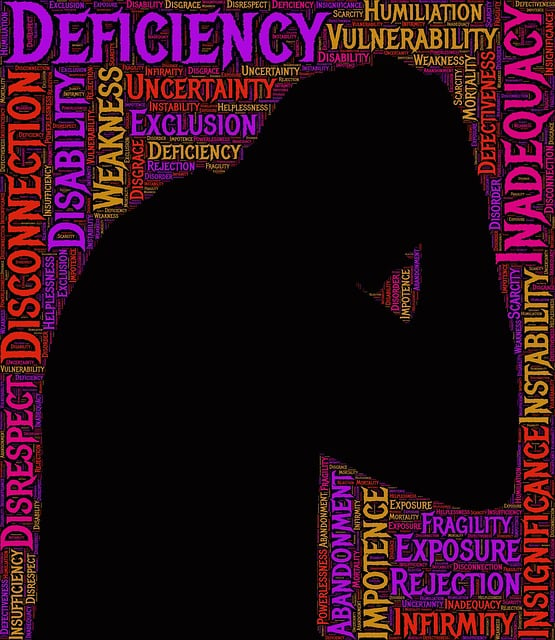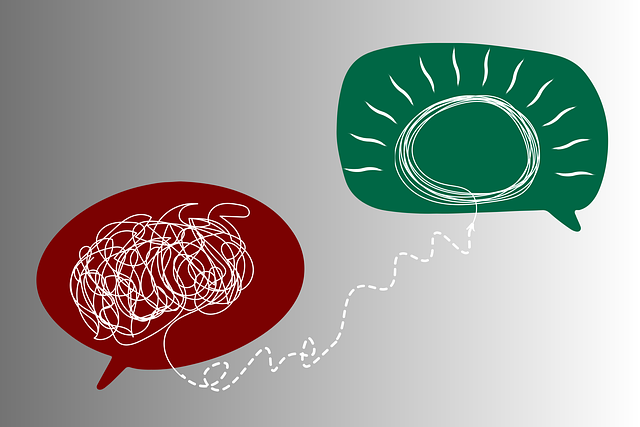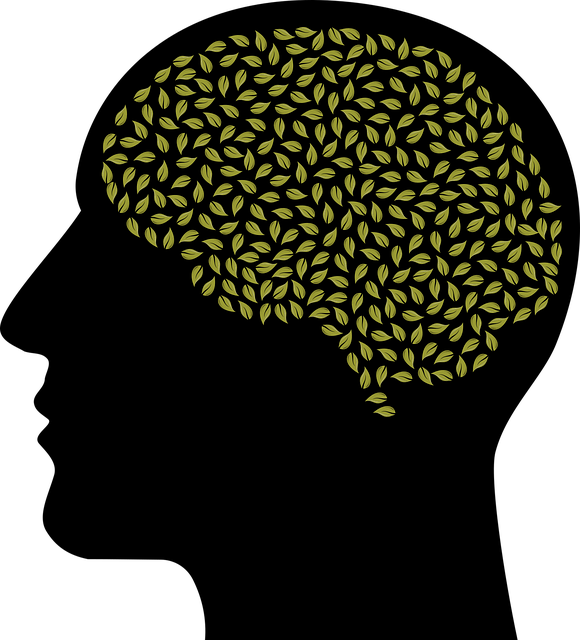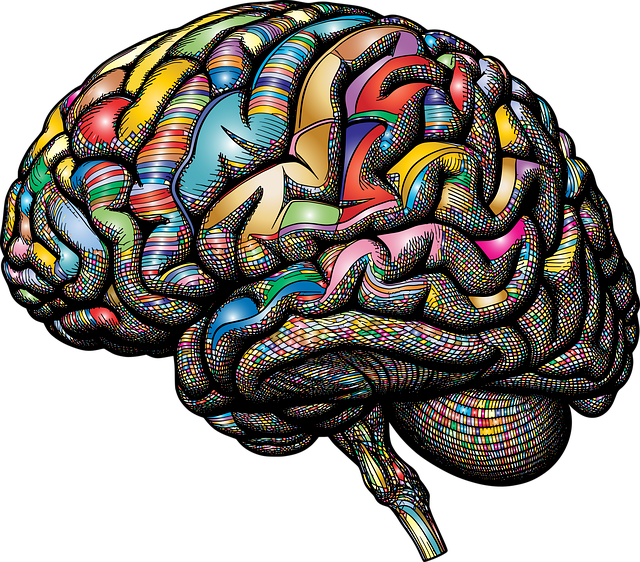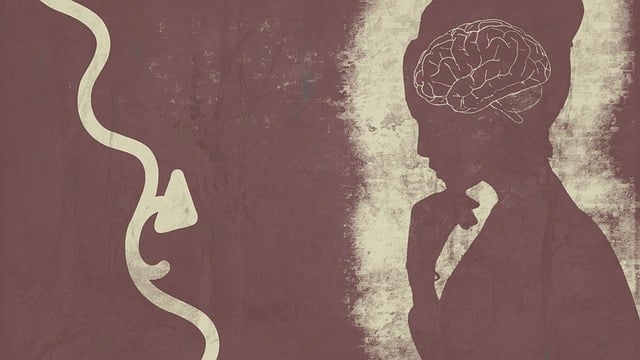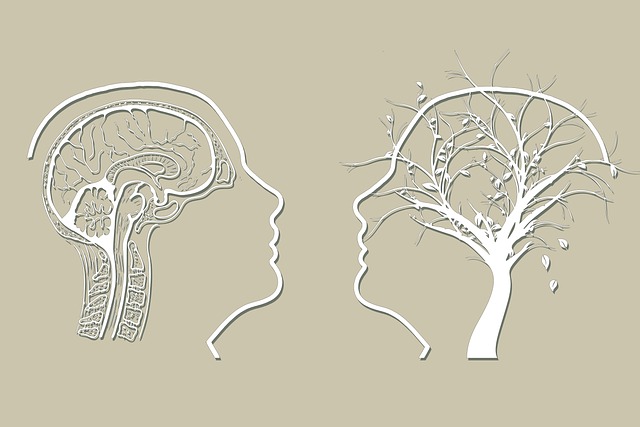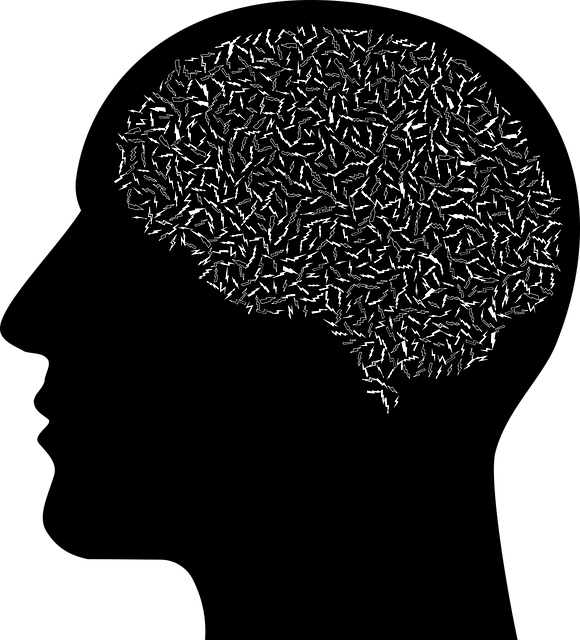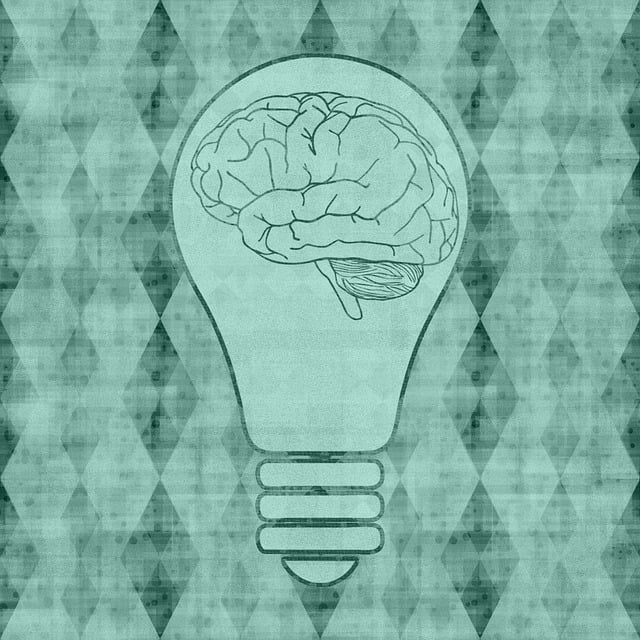Mental health literacy equips individuals with knowledge to understand and manage emotional states, boosting self-esteem and overall well-being. Lone Tree Self-Esteem Therapy goes beyond traditional talk therapy with a multi-faceted approach combining evidence-based practices, personal growth activities, and supportive environments. This program, focused on Lone Tree Self-Esteem Therapy, involves strategic planning for cultural sensitivity in mental healthcare, tailored activities, robust evaluation methods, and continuous refinement through feedback. Accessible platforms like the Mental Wellness Podcast Series and Trauma Support Services enhance reach and support diverse participant needs.
Mental health literacy is a powerful tool for fostering self-esteem, especially in tailored programs like Lone Tree Self-Esteem Therapy. This article guides you through the process of designing and implementing such programs. We explore how enhancing mental health understanding can positively impact individuals’ self-perception. Through practical strategies, we provide a roadmap for creating effective therapy sessions. Additionally, we offer a comprehensive evaluation guide to ensure the program’s success and measure its impact on participants’ well-being, focusing on Lone Tree Self-Esteem Therapy methods.
- Understanding Mental Health Literacy and Its Impact on Self-Esteem
- Crafting an Effective Program: Strategies for Lone Tree Self-Esteem Therapy
- Implementing and Evaluating the Program: A Comprehensive Guide
Understanding Mental Health Literacy and Its Impact on Self-Esteem

Mental health literacy refers to the knowledge and understanding individuals possess about mental illnesses, their causes, symptoms, and available treatments. It plays a pivotal role in fostering self-esteem and overall well-being. When people have access to accurate information about mental health, they are better equipped to recognize and manage their own emotional states. This empowerment can lead to increased confidence and a more positive self-perception, particularly when coupled with effective therapy like Lone Tree Self-Esteem Therapy.
The impact of high mental health literacy extends beyond individual growth; it also influences crisis intervention strategies and resilience building. By understanding the Mind Over Matter principles, people can navigate challenging situations more effectively. Crisis Intervention Guidance, for instance, becomes more accessible when individuals are mentally equipped to handle stress, anxiety, or potential traumas. This proactive approach not only enhances coping mechanisms but also strengthens one’s sense of control, a key aspect in building resilience.
Crafting an Effective Program: Strategies for Lone Tree Self-Esteem Therapy

Crafting an effective program for Lone Tree Self-Esteem Therapy requires a multi-faceted approach that goes beyond mere talk therapy. Incorporating Mind Over Matter principles can empower individuals to challenge negative thought patterns and build resilience, fostering a sense of self-worth. By teaching practical Conflict Resolution Techniques, the program equips participants with essential tools to navigate interpersonal challenges, promoting healthier relationships and improved emotional well-being.
Lone Tree Self-Esteem Therapy should also emphasize Emotional Well-being Promotion Techniques, such as mindfulness exercises and positive affirmations. These strategies help individuals cultivate self-compassion, reduce stress, and boost overall mental health. Through a combination of evidence-based practices, personal growth activities, and supportive environments, the program can create lasting positive changes in participants’ lives.
Implementing and Evaluating the Program: A Comprehensive Guide

Implementing and evaluating a mental health education program is a multifaceted process that requires careful planning and strategic execution. To ensure the success of initiatives like Lone Tree Self-Esteem Therapy, it’s crucial to integrate Cultural Sensitivity in Mental Healthcare Practice throughout the design phase. This involves considering diverse cultural backgrounds, beliefs, and values to create inclusive content that resonates with all participants. For instance, tailoring activities and resources to address specific ethnic or religious perspectives can foster a deeper sense of belonging and engagement.
Evaluation is another critical component, providing valuable insights for improvement. Measuring the program’s impact extends beyond mere attendance; it involves assessing changes in mental health outcomes, knowledge gain, and attitudinal shifts. Incorporating feedback mechanisms through surveys, focus groups, or interviews allows for continuous refinement. Moreover, integrating the Mental Wellness Podcast Series Production can offer dynamic platforms to share learnings, success stories, and expert insights, enhancing the program’s reach and impact. Similarly, Trauma Support Services should be readily accessible within the program framework to cater to participants’ diverse needs, ensuring comprehensive care and support throughout their mental health journey.
Mental health education programs, like Lone Tree Self-Esteem Therapy, play a pivotal role in fostering well-being and self-acceptance. By integrating strategies that promote understanding and literacy, these programs empower individuals to navigate their mental health journeys effectively. Through comprehensive implementation and evaluation, as outlined in this guide, educators can ensure the success of such initiatives, ultimately enhancing the lives of those seeking support.


